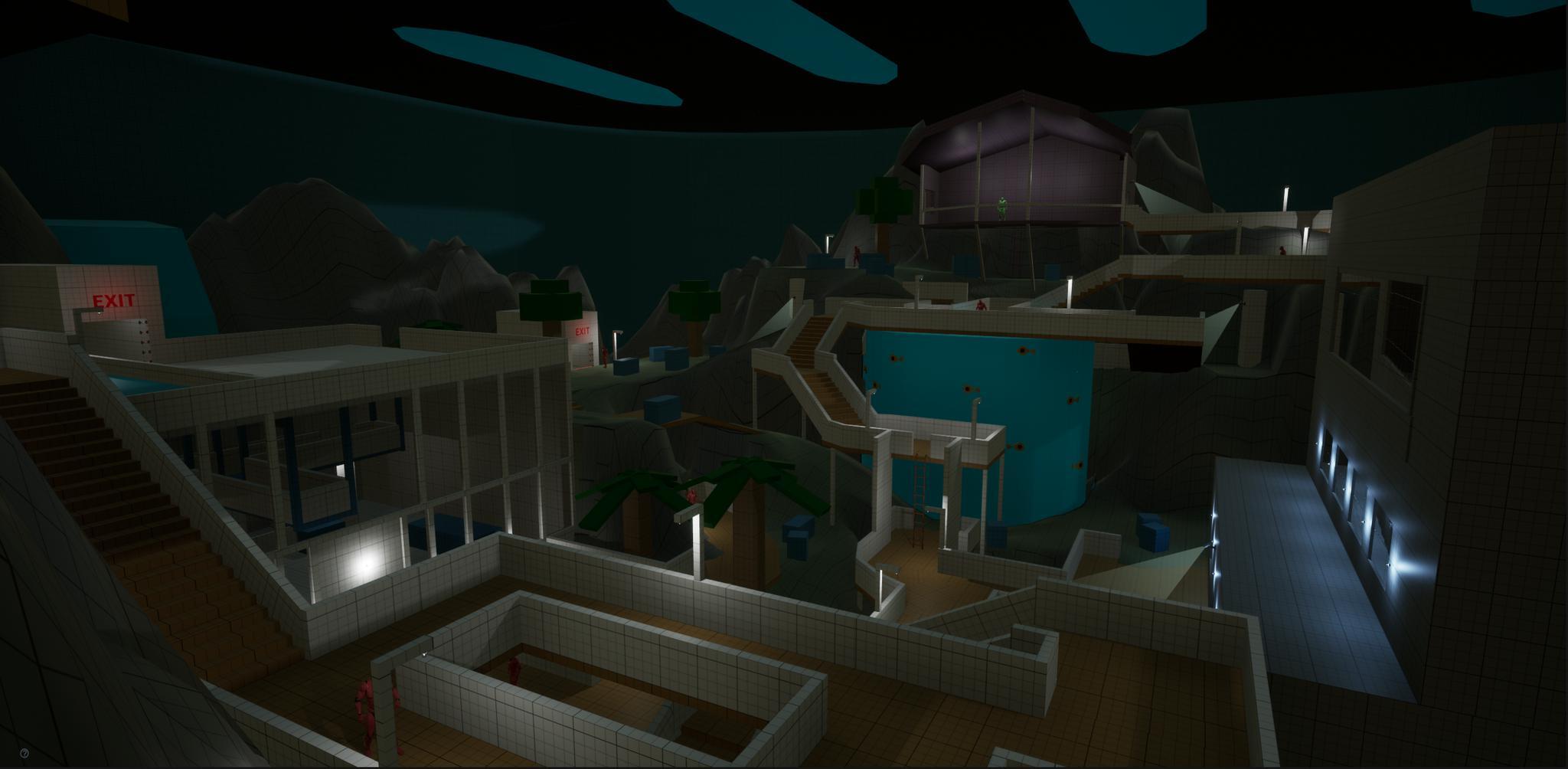Ubisoft's Strategic Shift: Future of Assassin's Creed & More

The gaming world is holding its breath as industry titan Ubisoft, the creative force behind massive franchises like Assassin's Creed, Far Cry, and Rainbow Six, navigates one of the most pivotal moments in its history. Following a period of intense scrutiny and strategic realignment, the company's recent financial disclosures and executive commentary are painting a clear picture: major changes are not just coming, they are already underway. This isn't just about numbers on a spreadsheet; it's about the future direction of the games millions of players love.
In a move that caught the attention of investors and gamers alike, the company's recent communications have signaled a profound operational shift. This has fueled widespread discussion about the publisher's long-term strategy in an industry landscape that is rapidly consolidating. With a renewed focus on core franchises and profitability, every announcement from the French publisher is being analyzed for clues about what the future holds for its iconic worlds and development studios.
A New Focus on Core Franchises
At the heart of Ubisoft's new strategy is a deliberate pivot back to its biggest and most beloved brands. Following its latest financial report for the first half of the fiscal year, the company celebrated the strong performance of its recent releases and its evergreen back catalog. The successful launch of Assassin's Creed Mirage was highlighted as a key victory, demonstrating that a focused, well-executed entry in a flagship series can resonate powerfully with both long-time fans and newcomers.
This success appears to be the blueprint for the future. Company leadership has been clear about its intention to "focus our resources on our biggest opportunities." This means dedicating more development power and marketing muscle to the franchises that have proven track records. For gamers, this suggests a future with more ambitious, high-quality installments for series like Assassin's Creed and Far Cry. It also means the company is making tough choices behind the scenes, re-evaluating and in some cases, ceasing development on projects that don't align with this laser-focused strategy. This is part of a broader, company-wide cost-reduction plan aimed at streamlining operations and ensuring long-term stability and growth.
Navigating a Transformed Industry
It's impossible to discuss Ubisoft's future without acknowledging the monumental shifts happening across the video game industry. With major consolidation deals fundamentally reshaping the competitive landscape, the position of a large, independent publisher like Ubisoft is a subject of constant conversation.
In a strategic masterstroke, Ubisoft secured the cloud streaming rights for Activision Blizzard's impressive catalog of games, including the Call of Duty franchise. This deal, finalized in the wake of a historic industry acquisition, positions Ubisoft as a key player in the burgeoning cloud gaming space. It was a clever and proactive move that gives the company a unique competitive advantage and a new revenue stream through its Ubisoft+ subscription service. This demonstrates that Ubisoft is not just reacting to industry changes but is actively seeking to capitalize on them, securing its own unique and powerful position for the years to come.
What Does This Mean for Gamers?
The corporate strategy and market positioning are fascinating, but the ultimate question for players is: "What does this mean for the games?" The answer is a future of fewer, bigger, and potentially better titles. By concentrating resources, the goal is to enhance the quality and polish of each major release, avoiding the pitfalls of a stretched-thin development pipeline.
The upcoming slate of games from Ubisoft is a testament to this new direction. The publisher is betting big on a diverse and highly anticipated lineup. Key upcoming titles include:
- Star Wars Outlaws: A groundbreaking open-world Star Wars adventure that has already generated immense excitement for its fresh perspective on the iconic galaxy.
- Assassin's Creed Codename Red: The long-awaited installment that will finally take players to feudal Japan, a setting fans have been demanding for years.
- The Division Resurgence & Heartland: Expansions of the popular Tom Clancy universe, aiming to bring new experiences to both mobile and console/PC players.
- XDefiant: A free-to-play arena shooter that combines factions from across the Tom Clancy universe in fast-paced, competitive action.
This pipeline shows a commitment to both blockbuster single-player experiences and ongoing live-service games, ensuring a steady stream of content for its diverse player base. The success of these titles will be the ultimate test of Ubisoft's strategic realignment.
Frequently Asked Questions (FAQ)
Is Ubisoft being acquired?
While industry consolidation has led to widespread speculation, Ubisoft's leadership has consistently stated its intention to remain independent. The company is family-founded and has a long history of charting its own course. Strategic deals, like the one for cloud streaming rights, show it is adapting to the new market realities while maintaining its autonomy.
Which Ubisoft games have been canceled?
As part of its restructuring, Ubisoft has confirmed the cancellation of several unannounced projects to reallocate resources to its top priorities. The company has not provided a complete public list, but this is a standard part of a strategic refocusing aimed at strengthening its core franchises.
What are Ubisoft's biggest upcoming games?
The most anticipated titles on the horizon are Star Wars Outlaws and Assassin's Creed Codename Red. Additionally, the company is continuing to support its live-service games like Rainbow Six Siege while preparing to launch new ones like XDefiant and The Division Heartland.
As Ubisoft moves forward, the entire industry is watching. The publisher is making bold, decisive moves to secure its future, betting on the strength of its world-renowned brands and its talented global studios. For gamers, this period of transformation promises a future where the worlds of Assassin's Creed, Far Cry, and beyond will be more ambitious and memorable than ever before.